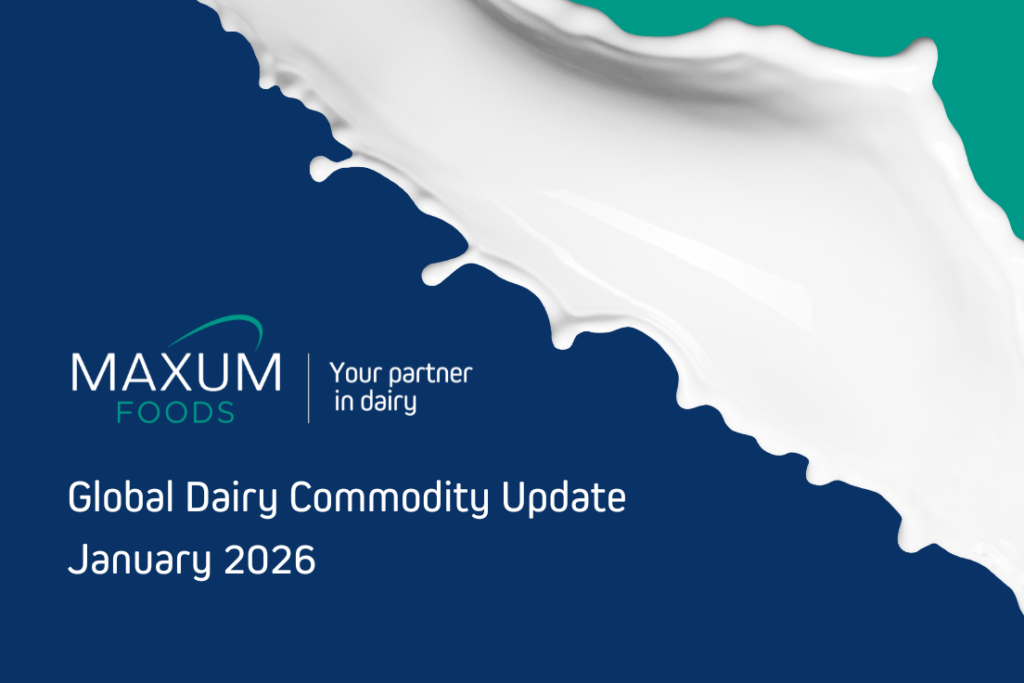AFTER winning the battle to get a prized stake in the Australian dairy market, Canadian processor Saputo seems determined to keep expanding.
The low-cost family-owned Canadian cheese giant has given a strong indication that a foothold in New Zealand is on the company’s agenda – and maybe, too, are further acquisitions in Australia.
After spending 12 years eyeing off Australia’s fourth biggest dairy business Warrnambool Cheese and Butter (WCB), Saputo swooped into last year’s bidding war between Bega Cheese and Murray Goulburn to eventually pay about $519 million for its 90.1 per cent controlling stake in the Victorian business.
“We have an appetite for growth. We want to grow,” said Saputo International chief executive, Lino Saputo (junior).
“We’re a very focused company and dairy growth is all we know and have been doing for 60 years.”
In Sydney addressing one of the feature events on Australia’s agribusiness calendar, the Rabobank Leadership Awards, Mr Saputo noted the top eight or nine Australian dairy players were buying about 90pc of the milk intake here.
“The remaining 10pc of the market is fragmented, which might lead to some opportunities to add to the assets of WCB,” he said, indicating an expectation of more industry consolidation.
Looking across the Tasman Sea Mr Saputo said while the highly productive NZ industry was dominated by global processing giant Fonterra, “even a small- to mid-sized facility out of NZ would make sense to us … if an opportunity comes up now that we have an asset base in Australia”.
A strong and expanding Australian operation at WCB would be the Asia-Pacific hub for the company’s milk procurement and exporting business, which includes multiple operations in the US where it is the third biggest cheese maker and Argentina’s third biggest dairy company.
“If WCB needs funds invested to produce value-added products we are prepared to invest,” he said.
“The orientation of WCB does not change with us on board, and our experience, but with our funds we can enable it to achieve things a lot quicker.”
“We take our ability to be financially flexible very seriously.
“We have a strong balance sheet and we’re very disciplined about what we do.
“We believe in the future of the dairy industry and are putting our money where our mouth is.”
Mr Saputo also wants to see a much more productive Australian dairy farm sector rewarded fairly for producing bigger volumes, and more value extracted from dairy product export markets.
That did not necessarily mean relying on China to take bigger volumes of Australian product.
“China’s not the only country buying,” he said pointing out the world’s biggest milk importers included Japan, Russia, Mexico and Egypt, while market potential was emerging nearby Australia.
Despite geopolitical challenges in some big milk import markets, a strong production platform and flexibility of supply would ensure Saputo’s value-added exports could cash in.
Australia, NZ and Argentina were were attractive to the Canadian company’s strategy because their farmgate milk prices were the cheapest in the global pool, currently averaging about C44 cents a litre, C45c/L and C41c/L respectively.
Canadian and US milk values were around C77c/L and C50c.
Saputo is now one of the 10 biggest dairy processing companies in the world – and Canada’s biggest – with a $9.2 billion business processing 8 billion litres of milk a year.
Mr Saputo’s father, Lino senior, started the company as a 17-year-old in 1954 using $500 in savings to buy enough equipment for his own father Giuseppe (an immigrant cheese maker from Sicily) to produce Mozzarella and Ricotta in the corner of an existing Montreal cheese plant.
Young Lino sold his father’s cheese to cafes and grocery stores.
Supported by his seven siblings and later their own children, the family company grew steadily aided by the pizzeria restaurant boom in the 1960s and ’70s, thin balance sheets, and the establishment of strategically located plants across Canada.
By 1997 it recorded sales of $450 million and listed on the Toronto Stock Exchange with the Saputo family retaining a 60pc majority shareholding.
“There wasn’t a financial need to list on the stock market, but it provided our extended family with a succession planning strategy,” Mr Saputo (jnr) said.
“It ensured we had a board made up of independent people who could ensure the business had good corporate governance and planning.”
Dollar milk war ‘irresponsible’
Mr Saputo has warned the domestic dairy market his company won’t be playing the “down, down” milk price game.
The Saputo Inc chief executive officer told the Rabobank dinner guests he was “baffled” by Australian supermarket pricing policies and the domestic market environment.
In a barb aimed squarely at big retailers, Coles, Woolworths and Aldi, and dairy processors who have locked in contracts to supply private label milk selling in store at just $1 a litre, he described supermarkets and milk companies as “sometimes less than responsible with their actions”.
“We are out there knocking each other over the head with lumps of four-by-two to get the milk we need, and then they’re giving it away,” he said.
“It doesn’t make sense. Somewhere along the line you have to get fair value for your milk.
“If you don’t get it, make something else with it.”
While some processors were under pressure to lock in volume commitments for their milk products and to deliver at a low price, he said they needed to think long-term.
His company and its WCB subsidiary wanted to be in the Australian market for future decades and “we can not afford to play that game”.
Low prices being paid by the domestic market only confirmed the Canadian company’s need for WCB to focus on value-added products for export.
He hoped WCB could expand supply contracts to secure one billion litres of milk from western Victoria and South Australia.
Source: Queensland Country Life





